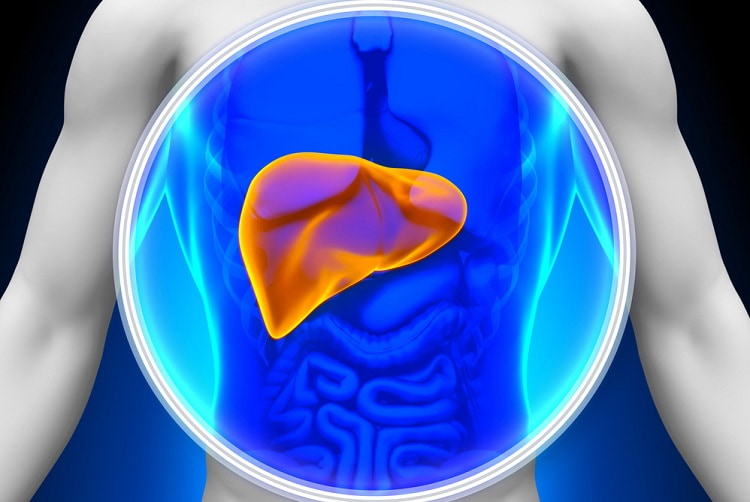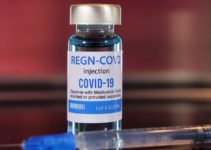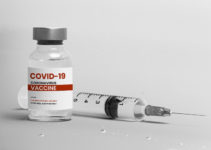Before we get into the study that shows the possible treatment for silent liver disease, we need to tell you what the disease is. So if you are unaware of the disease, then let us brief you a little bit.
As you know that it is most commonly called Silent liver disease, but it has an official name. It is called Primary Biliary Cholangitis (PBC), which is an autoimmune disease. This is a disease where the small bile ducts are there of the liver, and then this becomes inflamed.

The disease is highly troublesome in the fact that it often goes undetected, and when a disease goes undetected, then it becomes more dangerous to the person. As a person will not be aware of the problems that is going on in the body and with the passage of time, there is a potentially leading factor that can lead to scarring and cirrhosis of the liver, liver failure, and if that happens, then it can ultimately lead to possible death.
Patients are not well aware of the disease, and doctors have a hard time recognizing it until it is too late and the people who are in the advanced stages of the disease and who do not respond to other therapies require a liver transplant if they want to survive. There is no other way to do it.
The study that we are talking about is called the POISE long-term safety extension (LTSE) study. It was a study that was done with the analysis that compared 209 patients who are having the disease of PBC and those who have been treated with OCA for a maximum follow-up time of 6.3 years. The result seems to be promising.
The researchers have gone ahead with the study pattern, and they have found that the patients treated with OCA in one of the trial settings that they had conducted, having a 72% to 80% lower risk of death or liver transplant. The odds are in favor of the people. So that is some really good news that had been found.
“When compared to real-world patient outcome data, the results provide insights into OCA’s potential to improve transplant-free survival in patients with PBC,” Gideon Hirschfield said in a press conference. We are truly happy to hear such good news!


